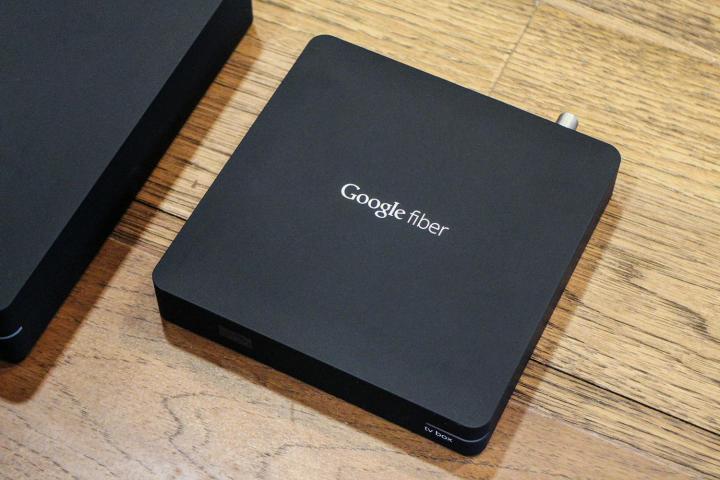
Why? It’s cheaper, and apparently the technology today makes it viable, according to Alphabet’s Chairman Eric Schmidt at the annual shareholder meeting. Thanks to improved computer chips and accurate “targeting of wireless signals,” Alphabet executives believe they can transmit internet connections at a gigabit per second — the same speed Google Fiber promises with its fiber-optic network, according to the Wall Street Journal. It would likely require a special device in the home to receive these wireless signals.
This technology is reportedly being tested in Kansas City, the first city to be graced with Google Fiber’s presence. Alphabet hopes to set Kansas City up as a demonstration by next year, and is testing “several wireless technologies,” according to the Wall Street Journal.
Connecting homes to high-speed internet without the hassle of laying down any wire would be a boon for Google, which depends on people going online to use its services. Schmidt said he met with Alphabet CEO Larry Page and CFO Ruth Porat to discuss the technology.
It’s not the only exciting project Schmidt teased. Some upcoming promising experiments include plant-based imitation meat, 3-D printed buildings, and more work in virtual reality and artificial intelligence.
“The best way to predict the future is to invent it,” he said. “We start from that premise here at Alphabet.”
In an effort to push Google to address gender-pay disparity, CEO of Proxy Impact Michael Passoff pressed Schmidt during the shareholders meeting, asking the search giant to release complete data on the pay men and women earn at the company. The exchange was tense, the Journal reports, and Schmidt says he wouldn’t commit to releasing a report, but “would work to convince you this is true.”


